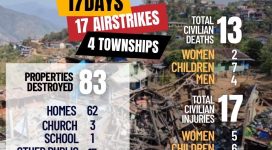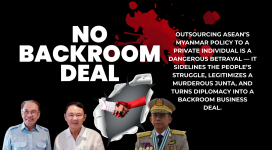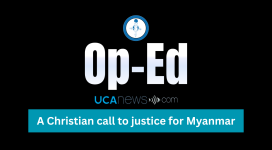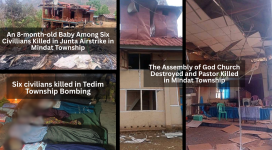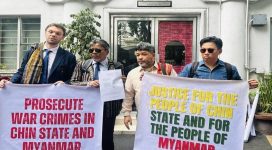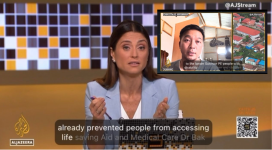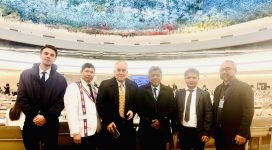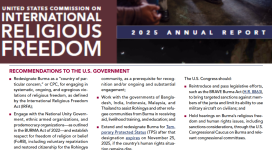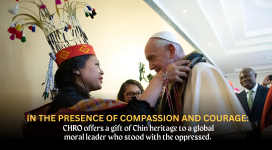
In Loving Tribute to His Holiness Pope Francis
21 April 2025: CHRO is deeply saddened by the passing of His Holiness Pope Francis. In a moment we will forever cherish, our representative had the honor of presenting him with the Chin traditional dress—a symbol of our people’s identity, resilience, and the dignity of all Indigenous communities. Pope Francis was a tireless moral voice for the oppressed. His...

